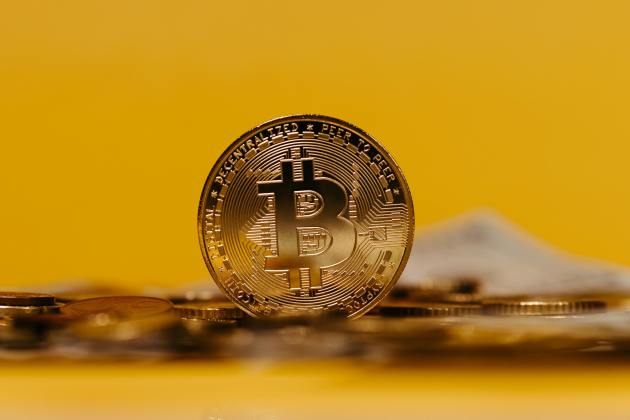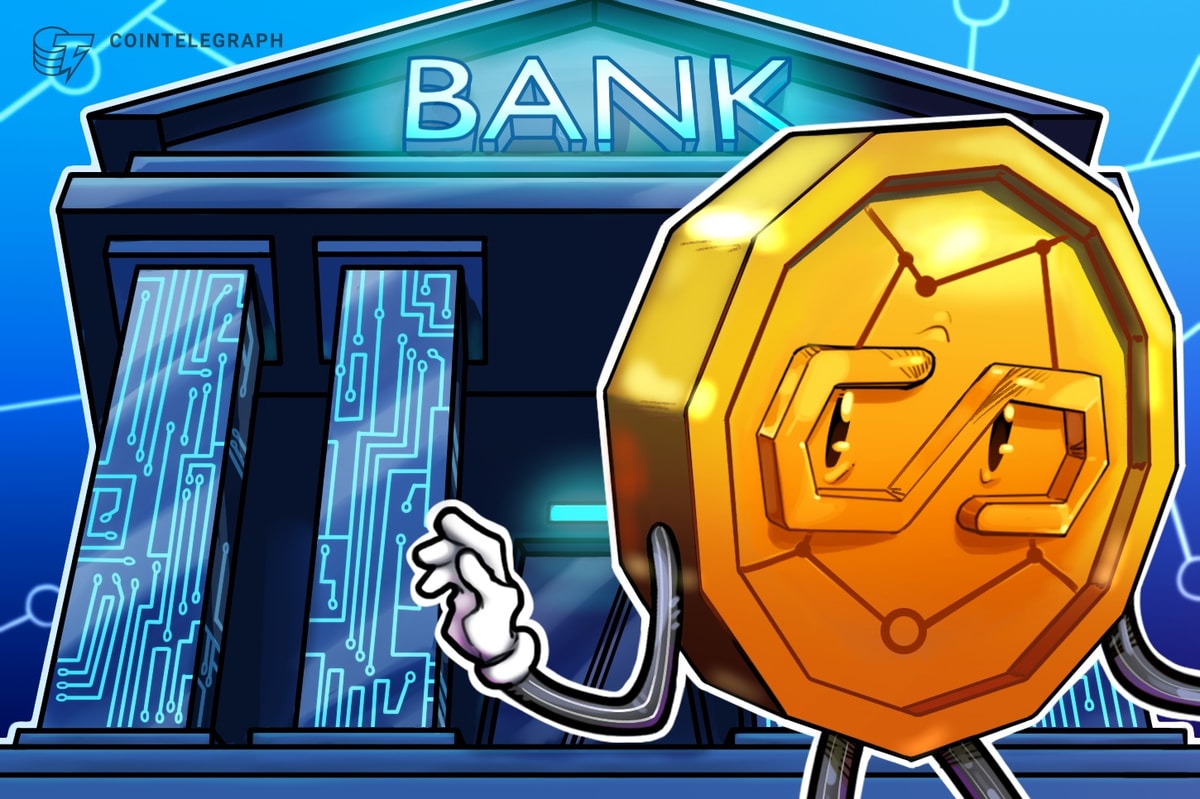South Africa is, without doubt, one of the most advanced countries in Africa — if not the most advanced. The South African country has also become a popular hotbed for the digital currency market. In fact, it is considered by many to be the next frontier in Bitcoin.
According to the cryptocurrency exchange Paxful, South Africans recently traded more than $2.5 million worth of bitcoin in a single month.
Technological literacy is quite widespread in Africa. And since Bitcoin is based on blockchain technology, it has triggered a lot of interest on the continent, especially among the youthful population. Per Google Trends data, South Africa is ranked as fourth among all countries in the world for the frequency with which its citizens searched the keyword “Bitcoin” over the last year. Countries like Nigeria, Ghana and Kenya, in addition to South Africa, have also demonstrated massive interest in bitcoin. Twitter CEO Jack Dorsey is reportedly planning a visit to Africa to explore crypto opportunities thanks to the widespread bitcoin adoption there.
The enthusiasm around ingenious technologies such as Bitcoin and blockchains has boosted adoption in South Africa. Many of the properties that make Bitcoin appealing in any place around the world can be listed as reasons why it is particularly popular in South Africa.
For instance, it is easy to access the peer-to-peer marketplace and cryptocurrency exchanges there. Using these platforms can be more simple and straightforward than opening and operating a bank account. Some of the popular bitcoin exchanges in South Africa include VALR and Luno.
Also, Bitcoin is decentralized and transverses all borders. This makes it an efficient payment method. And, besides enabling payment transactions, bitcoin is considered a wealth storage asset. In other words, investors classify the digital currency together with precious metals such as gold when it comes to storing value. This versatility feature endears bitcoin to many investors, including South Africans
The Volatility Of The Rand
But there are some conditions specific to South Africa that make Bitcoin appealing to those who live there.
The South African rand is, according to forex brokers operating in South Africa, considered one of the world's most-traded currencies in the world with high volatility tendencies. For instance, in March 2020, the rand’s volatility reached its highest mark since the 2008 financial crisis. The negative swing of the fiat currency sent shivers down the spines of investors. As a result, many investors moved to use bitcoin to shield their wealth against a sharp fall in prices.
Volatility weakens local currencies, leading to dollar scarcity and making bitcoin a preferred alternative for transactions. High demand for bitcoin due to weak fiat currency boosts its adoption. Here is another point: Government failure in South Africa has also boosted cryptocurrency adoption as investors use bitcoin to hedge against political risks.
Favorable Money Transfer Costs
Besides accessibility problems, processing transactions through banks in African countries is often a slow and costly experience. Additionally, you must provide personal information, including the date, your name, your date of birth and your home address. The complex bureaucracy makes the money transfer process very complicated.
Bitcoin transactions, on the other hand, are quick and much cheaper. Deposits, withdrawals and other transactions often do not require as many personal details. Aside from being cheaper, bitcoin transactions are also more convenient methods of transferring value. This makes bitcoin an appealing alternative to fiat currency, growing its adoption significantly.
Impact of Government Regulations
Initially, there were no regulations governing bitcoin adoption in South Africa. However, the government has put anti-money laundering (AML) regulations into place.
The South African Reserve Bank is in the process of allowing the private sector to experiment with cryptocurrency use cases under regulatory supervision. However, the institution likely wants to be careful and conservative with approving bitcoin activity, like other regulatory bodies doubtlessly are. A significant goal is to prevent people from channeling money out of the country through encrypted and anonymous transactions.
That notwithstanding, the use of bitcoin and other cryptocurrencies is still not adequately regulated in South Africa to protect newcomers, meaning there would be no recourse if you lost your money due to a bad actor.
Final Words
Bitcoin adoption has grown significantly around the world in the recent past. Some of the major causes of the growth include emerging cryptocurrency markets, major fiat currency fluctuation and the development of financial infrastructure. While the most-known African country for bitcoin adoption is Nigeria, South Africans are far from idle when it comes to their adoption of BTC.
Going forward, wider access to education and the internet will unlock the full potential of bitcoin in the country. Bitcoin will deliver on its promise as a new class of asset, giving investors more power through their portfolios without the need to rely on intermediaries.
This is a guest post by Michael. Opinions expressed are entirely their own and do not necessarily reflect those of BTC Inc or Bitcoin Magazine.











